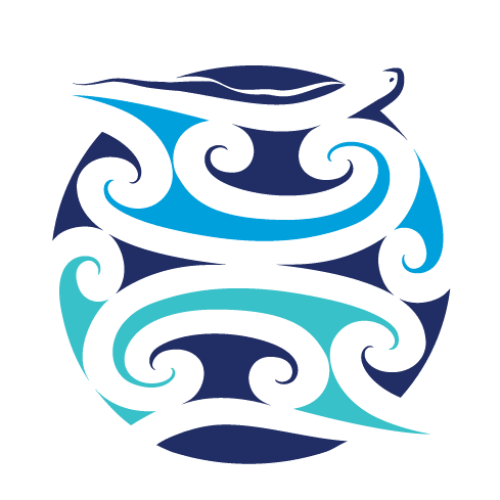
Information from the Principal re Covid-19 update - 22 March 2020
Kia ora koutou Parent / Caregivers
On Saturday afternoon the Prime Minister notified the country that we are at a Level 2 Alert status. You can access the details via the link included here.
With the announcement that New Zealand has moved to Alert Level 2 – Reduce Contact for COVID-19, people over 70 years of age and those with compromised immunity and certain existing medical conditions are asked to remain at home as much as they can from now on and avoid any non-essential travel. Staff, children and young people in schools and early learning services are therefore asked to follow this advice
Our priority is on the wellbeing and health of our staff and students. If your child is considered to be in one of the high risk categories you are advised to keep them at home.
Please email principal@belfast.school.nz if you are keeping your child at home, with your reasons, so we are able to keep track of our students' needs. If your child is well, and does not have a high risk condition, then school is a safe place to be and they can continue with their learning supported by their teachers.
Who are the High risk individuals?
While the majority of people who are confirmed with COVID-19 will experience mild to moderate symptoms, some individuals are at risk of more severe symptoms.
Older people, particularly those with pre-existing health problems are more likely to get severe illness and are therefore considered at risk. High risk individuals also include people with underlying medical conditions, such as:
· a compromised immune system
· liver disease
· cancer
· kidney disease
· heart disease
· diabetes mellitus
As schools are open for instruction teachers are working with their classes as usual. Planning is underway for the possibility that schools may close (Alert Levels 3 & 4) and this involves planning for online learning activities. The Ministry of Education is also involved in planning for this eventuality. While school is open teachers have limited capacity for providing home learning tasks for individuals. Here are some ideas for supporting your child's learning at home:
- Depending on their age, students can be encouraged to read, or be read to. They can also help, by reading to their younger siblings, if they’re also home.
- Keeping a journal or scrapbook during the time period is a way for them to collect and create. These could incorporate drawings, photos, plans and stories of things they’ve done, all of which will help their literacy skills.
- Helping out with cooking and baking makes use of their maths skills and shows them how maths is all around them. Helping with housework also teaches your child lots of important skills about being organised, teamwork, co-operating and contributing.
- Talk to your child about how (critical) thinking is important to make sense of everything they do at school and at home. Find some news items or opinion pieces, and discuss whether you each agree with what’s been said. Why? Why not?
It's important for you, and your children's wellbeing to stay socially connected, even if you are physically self-isolating. For example, video calling, social media and phone calling are all great ways to keep connected while following self-isolation guidelines. The attached information from the NZ Wellbeing and Resilience Institute may help.
Noho ora mai - stay well
Sue Elley
Principal - Tumuaki
